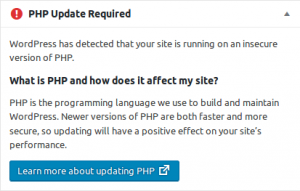Based on the current value of the Zambian kwacha in US dollars and recent trends, we are increasing our retail kwacha prices effective today and until the next quarterly review by about 4%.
Some sample rates:
- webONE hosting plan (monthly): ZMW 202.50
- mailONE hosting plan (monthly): ZMW 135.00
- gTLD domain (annually): ZMW 256.50
Our new kwacha rates will be online within 24 hours.
